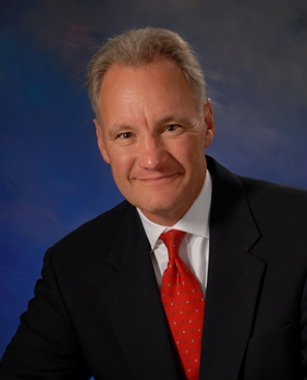Total Depravity 1
The Protestant Reformation’s enduring legacy centers upon the doctrines of the “Solas.” The Reformers believed and taught these five truths and they remain indispensible to the health of the Gospel of Jesus Christ and the growth of the church. Why? The reason is because these five tenants did not originate with the Reformers of the Reformation. On the contrary, the Reformers rediscovered truth God had already given in the Scriptures and which had long been buried by the church. Therefore, the “Solas” are to be continually studied, embraced, taught, and defended as God’s eternal and biblical truth in a fallen, temporal, and worldly culture.
The Solas of Scripture that were rediscovered during the 16th century Prostestant Reformation. A brief description of each “Sola” is appropriate. In April 1996, the Alliance of Confessing Evangelicals held its first major meeting of evangelical scholars. The Cambridge Declaration, first presented at this meeting, is a call to the evangelical church to turn away from the worldly methods it has come to embrace and to recover the Biblical doctrines of the Reformation. The Cambridge Declaration explains the importance of regaining adherence to the five "Solas" of the Reformation.
- Thesis One: Sola Scriptura
We reaffirm the inerrant Scripture to be the sole source of written divine revelation, which alone can bind the conscience. The Bible alone teaches all that is necessary for our salvation from sin and is the standard by which all Christian behavior must be measured.
We deny that any creed, council or individual may bind a Christian's conscience, that the Holy Spirit speaks independently of or contrary to what is set forth in the Bible, or that personal spiritual experience can ever be a vehicle of revelation.
- Thesis Two: Solus Christus
We reaffirm that our salvation is accomplished by the mediatorial work of the historical Christ alone. His sinless life and substitutionary atonement alone are sufficient for our justification and reconciliation to the Father.
We deny that the gospel is preached if Christ's substitutionary work is not declared and faith in Christ and his work is not solicited.
- Thesis Three: Sola Gratia
We reaffirm that in salvation we are rescued from God's wrath by his grace alone. It is the supernatural work of the Holy Spirit that brings us to Christ by releasing us from our bondage to sin and raising us from spiritual death to spiritual life.
We deny that salvation is in any sense a human work. Human methods, techniques, or strategies by themselves cannot accomplish this transformation. Faith is not produced by our unregenerate human nature.
- Thesis Four: Sola Fide
We reaffirm that justification is by grace alone through faith alone because of Christ alone. In justification Christ's righteousness is imputed to us as the only possible satisfaction of God's perfect justice.
We deny that justification rests on any merit to be found in us, or upon the grounds of an infusion of Christ's righteousness in us, or that an institution claiming to be a church that denies or condemns sola fide can be recognized as a legitimate church.
- Thesis Five: Soli Deo Gloria
We reaffirm that because salvation is of God and has been accomplished by God, it is for God's glory and that we must glorify him always. We must live our entire lives before the face of God, under the authority of God and for his glory alone.
We deny that we can properly glorify God if our worship is confused with entertainment, if we neglect either Law or Gospel in our preaching, or if self-improvement, self-esteem or self-fulfillment is allowed to become alternatives to the Gospel.
Complementary and concurrent with the foundational Solas of the Protestant Reformation are the Doctrines of Grace contained in what is commonly referred to as Reformed Theology. Reformed Theology, so called because it is the theology (study of God) emerging from the Protestant Reformation, best reflects the teaching of Scripture regarding the plight of sinful man and salvation of the same by God alone. At the heart of Reformed Theology is the question of how sinful man is made acceptable before a righteous God.





















